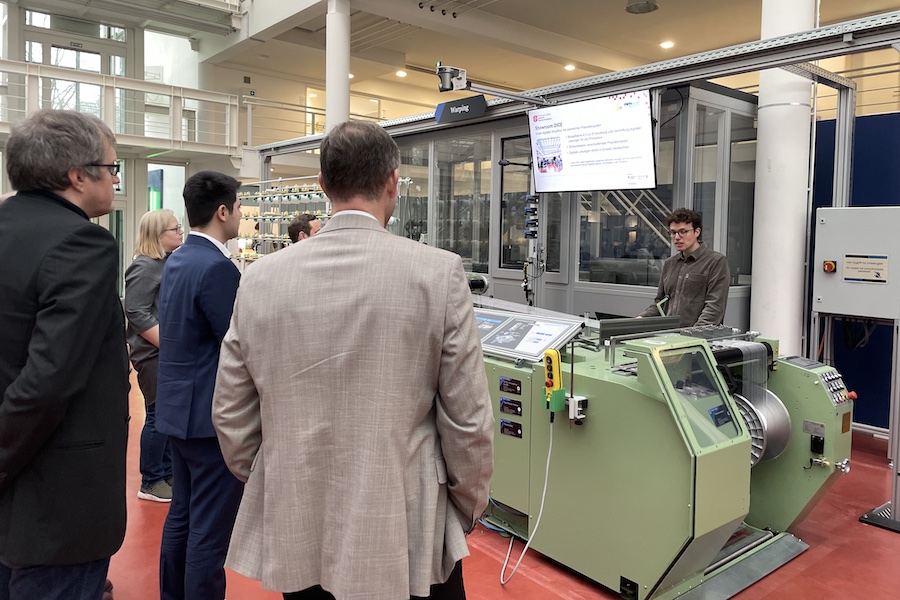#Europe
EU and Indonesia conclude negotiations on free trade agreement
These comprehensive, forward-looking, and mutually beneficial agreements are a key milestone in delivering on the EU's strategy of diversification and partnerships, strengthening trade and investment ties with a major economy, and creating new export opportunities and more secure supply chains for energy and raw materials.
European Commission President, Ursula von der Leyen, said: “We have made a commitment to double down on diversification and partnerships, to further support EU jobs and boost growth. Our deal with Indonesia creates new opportunities for businesses and farmers in a major and growing economy. This also provides us with a stable and predictable supply of critical raw materials, essential for Europe's clean tech and steel industry.”
The CEPA will significantly benefit European farmers, bringing down tariffs on agri-food products and protecting traditional EU products, as well as key industrial sectors, such as the automotive, chemicals, and machinery sectors. In all, EU exporters will save some €600 million a year in duties paid on their goods entering the Indonesian market, and European products will be more affordable and available to Indonesian consumers.
The CEPA is also a major milestone for the EU and Indonesia to foster sustainable growth and the green transition. Furthermore, it is testimony to the EU and Indonesia's attachment to openness and to a rules-based system, creating a free trade zone of over 700 million consumers based on transparency and predictability.
Privileged access for European businesses big and small
The agreement will give EU companies privileged access to the Indonesian market by:
Removing import duties on 98.5% of tariff lines and simplifying procedures on EU goods exports to Indonesia, including key exports such as cars and agri-food products.
Allowing EU companies to provide services with full ownership in key sectors such as computers and telecommunications.
Opening up new opportunities for EU investments into Indonesia, notably in strategic sectors such as electric vehicles, electronics, and pharmaceuticals, thereby fostering the integration of both side's supply and value chains.
Protecting intellectual property such as trademarks, which allows EU companies to safeguard their brand identity and reputation, ensures remedies against infringers and provides effective tools to combat counterfeit products, helping small businesses with dedicated provisions and benefitting Indonesian consumers.
A major win for European farmers: boosting EU exports and protecting EU sensitivities
The deal will give EU farmers much better opportunities to sell their produce in Indonesia thanks to the elimination of tariffs on major EU exports such as dairy products, meats, fruit and vegetables and a wide range of processed foods.
It will also protect 221 EU, and 72 Indonesian, agricultural and food geographical indications (‘GIs'). Finally, it protects sensitive agri-food products such as rice, sugar and fresh bananas where existing tariffs are maintained and limits the access to the EU market for other sensitive products through carefully calibrated quotas.
Except for imports of Indonesian crops that are not grown in the EU, the EU already exports more agri-food products to Indonesia than it imports, with exports of €1 billion per year.
A deal for sustainable growth and development
The EU-Indonesia CEPA has a strong sustainability pillar, fully integrating the objectives of the EU Trade and Sustainable Development (TSD) review, with respect to commitments on climate, the environment, workers' rights and their enforceability.
The deal sets the Paris Agreement as an essential element and promotes trade and investment in products vital for environmental and climate objectives, including renewable energy and low-carbon technologies.
The CEPA sets a platform for cooperation, dialogue, and trade facilitation on an array of trade-related environmental and climate issues, including in the palm oil sector.
This brings unprecedented opportunities to advance the conversation on sustainability between the EU and Indonesia, and to ensure that increased trade, social protection and sound environmental governance go hand in hand.
Secure and sustainable critical raw materials supply
Indonesia is a world-leading producer of raw materials, many of which are vital to the green and digital sectors. The deal strengthens predictable, reliable and sustainable supply chains, including through reduced tariffs, facilitation of exports, environmental impact assessments, and advanced cooperation.
Next steps
The negotiated draft texts will be published shortly. These texts will go through legal revision and translation into all official EU languages. The European Commission will then put forward its proposal to the Council for the signature and conclusion of the CEPA and the IPA. Once adopted by the Council, the EU and Indonesia can sign the agreements.
Following the signature, the texts will be transmitted to the European Parliament for consent. After the consent by the European Parliament, and once Indonesia also ratifies them, the CEPA and IPA can enter into force.
Background
Negotiations for an FTA with Indonesia started in July 2016. The 19th and last formal negotiating round was held in July 2024, followed by intersessional discussions at technical and political level. Presidents von der Leyen and Prabowo reached a political agreement on the conclusion of the FTA in July 2025, leading up to the conclusion of the negotiations on 23 September 2025.



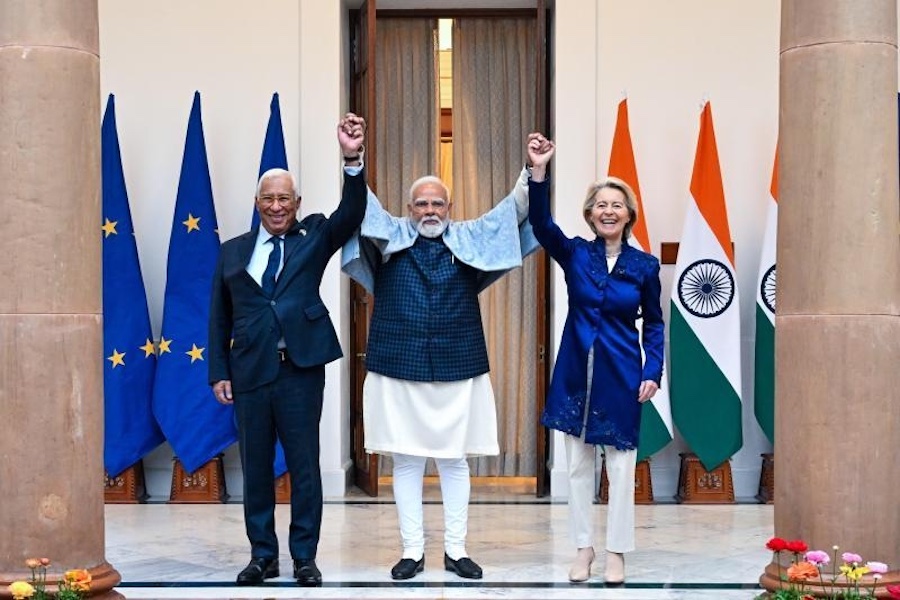
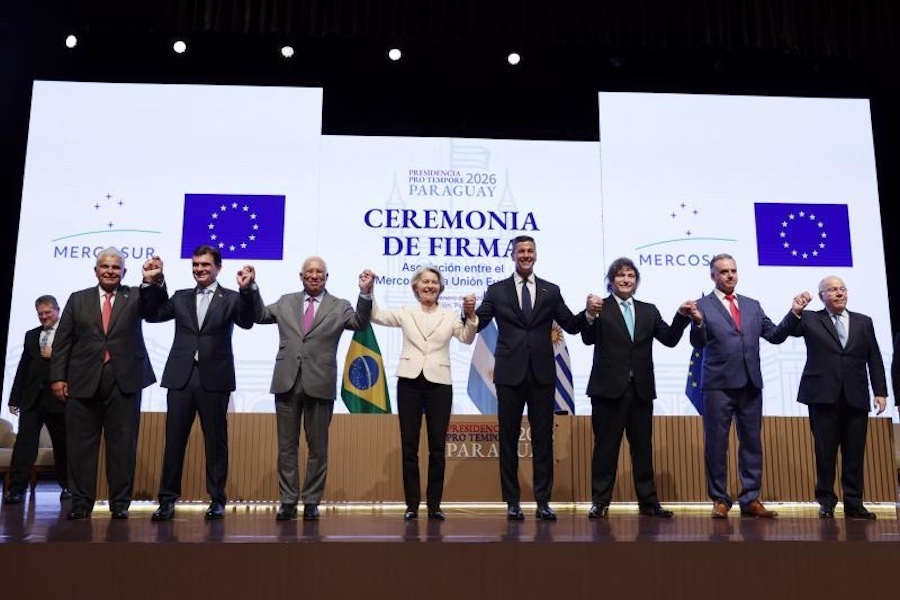

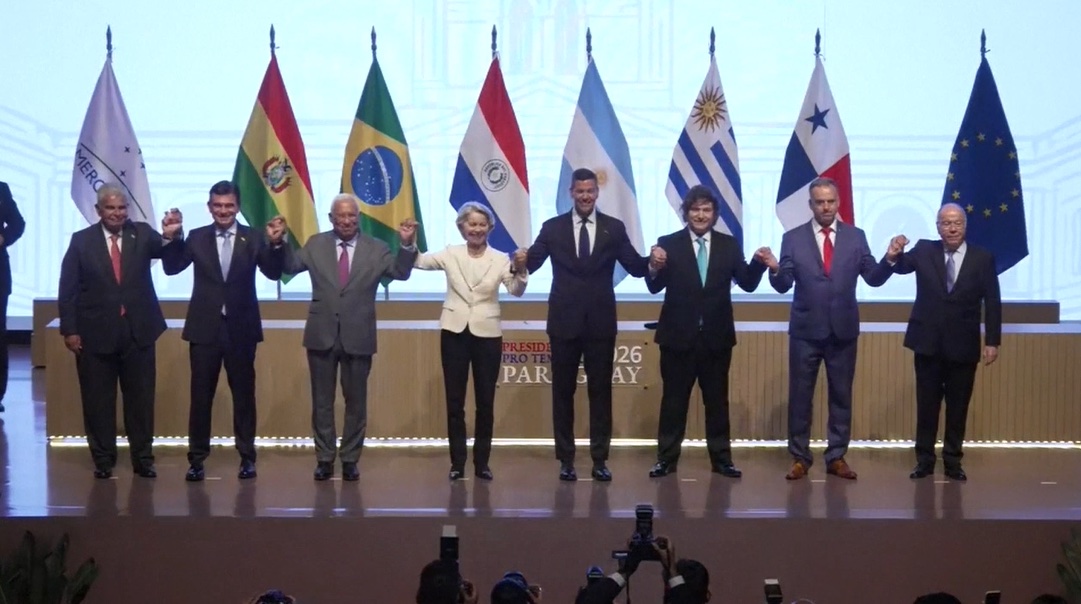
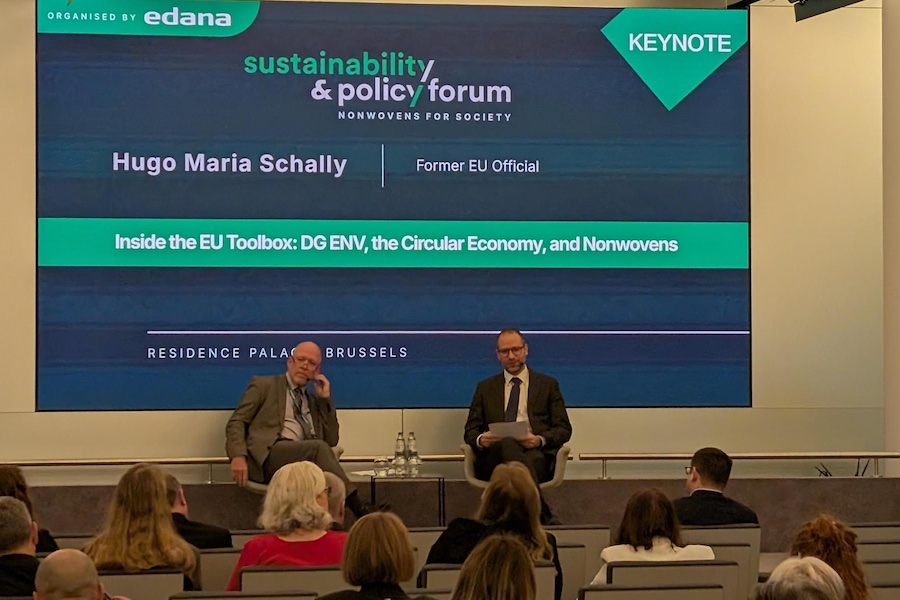
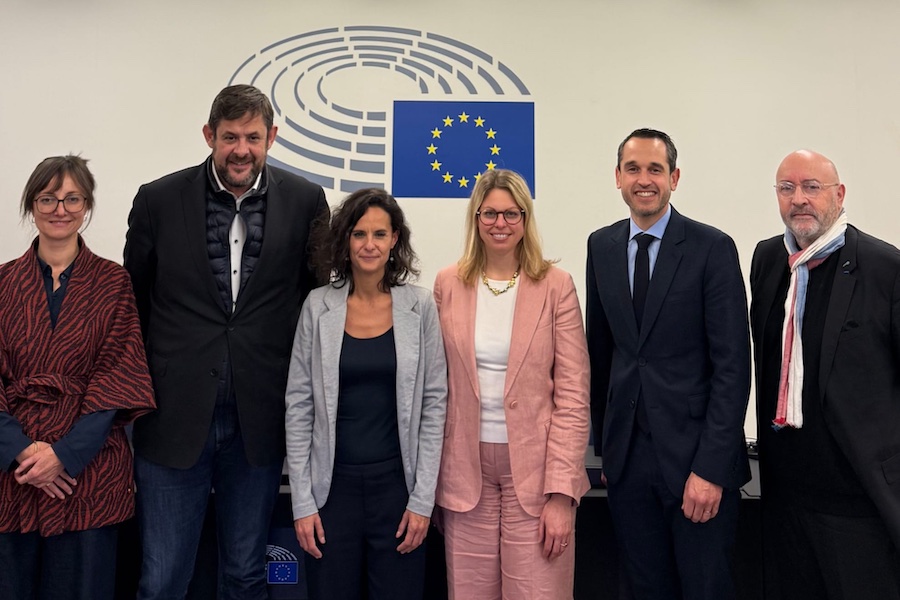

canva-900-1-1-1.jpg)
